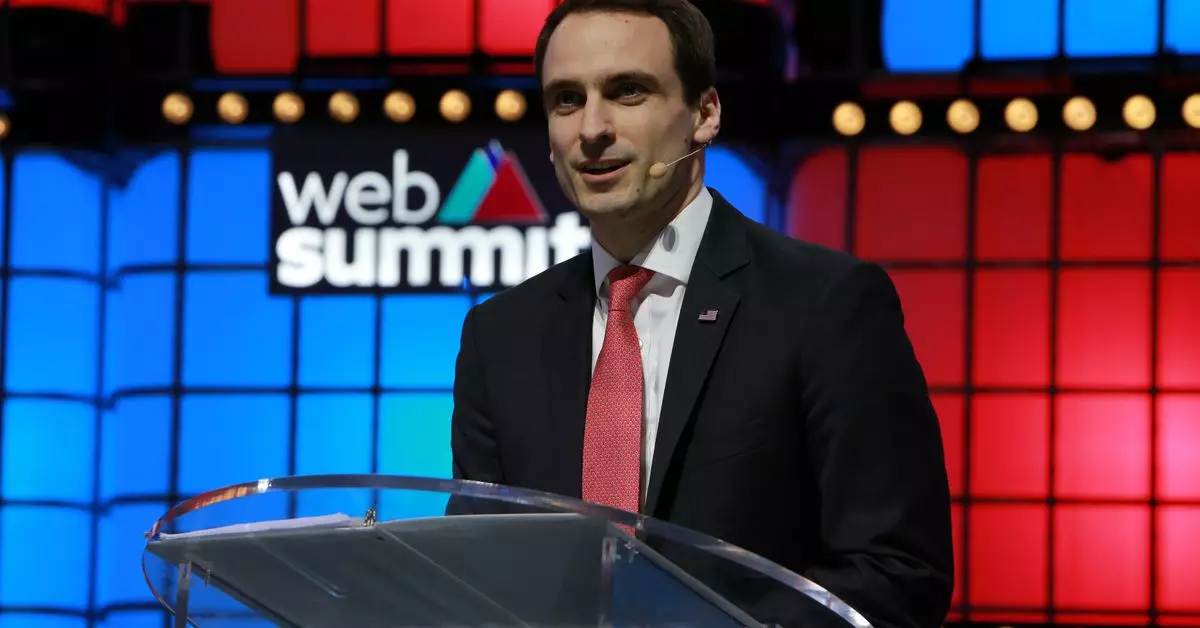As the political landscape shifts following recent elections, former President Donald Trump is laying the groundwork for a tech policy team designed to influence future discourse in artificial intelligence, cryptocurrency, and overall governmental technological progress. In a series of posts on Truth Social, Trump revealed the key figures he has chosen to help navigate these complex but crucial areas of modern governance. This new administration appears to be not only a revival of Trump’s previous policies but an extension into the burgeoning fields of AI and digital assets.
Among the announced appointments, former White House Chief Technology Officer Michael Kratsios stands out. If confirmed, he will lead the Office of Science and Technology Policy (OSTP), a critical role that centers on national innovation and security. Kratsios has a notable background, having previously held positions within the Trump administration and subsequently at Scale AI, a prominent player in the AI industry. His return signals a strong continuity in tech policy, hinting at aggressive stances on regulation and innovation, which could potentially ignite debates about the ethical ramifications of AI development.
Dr. Lynne Parker, another important figure in the lineup, will serve as the Executive Director of the Presidential Council of Advisors for Science and Technology. Her involvement suggests that the administration values a scientifically informed discourse on technology, aiming to ground policy decisions in solid research and technology assessment. The inclusion of experienced professionals reflects an intention to bridge the gap between technological advancement and regulatory frameworks.
Bo Hines, a former college football player and candidate for Congress, will take charge of the Presidential Council of Advisers for Digital Assets—an apt sign of how deeply intertwined sports, culture, and politics have become in shaping public perception of cryptocurrency. Hines’s appointment is particularly interesting given the turbulent state of cryptocurrency regulation and the burgeoning interest from both policymakers and the public. This move suggests an administration-ready to embrace a largely youthful and tech-savvy electorate, leveraging the rising popularity of digital currencies.
Sriram Krishnan, with his extensive experience across major tech companies like Meta and Snap, brings needed expertise in AI strategies. His role in advising the OSTP elevates the technological focus of the administration, indicating that Trump seeks to not merely adopt existing technologies but actively shape the landscape of AI innovation.
Despite the potentially transformative power of these appointments, numerous challenges loom for Trump’s tech policy team. Balancing the benefits and risks associated with AI, particularly in regard to privacy breaches and systemic bias, will require careful navigation. Moreover, with increasing scrutiny on social media platforms and the financial world alike, these individuals must advocate for policies that not only foster innovation but also protect the American public.
While Trump’s appointments for his tech policy team reflect a keen interest in revitalizing his previous agenda, they also embody an attempt to engage with the complexities of modern technology. The decisions these figures make will shape not only the former President’s legacy but could also redefine the governance of technology in America for years to come.

